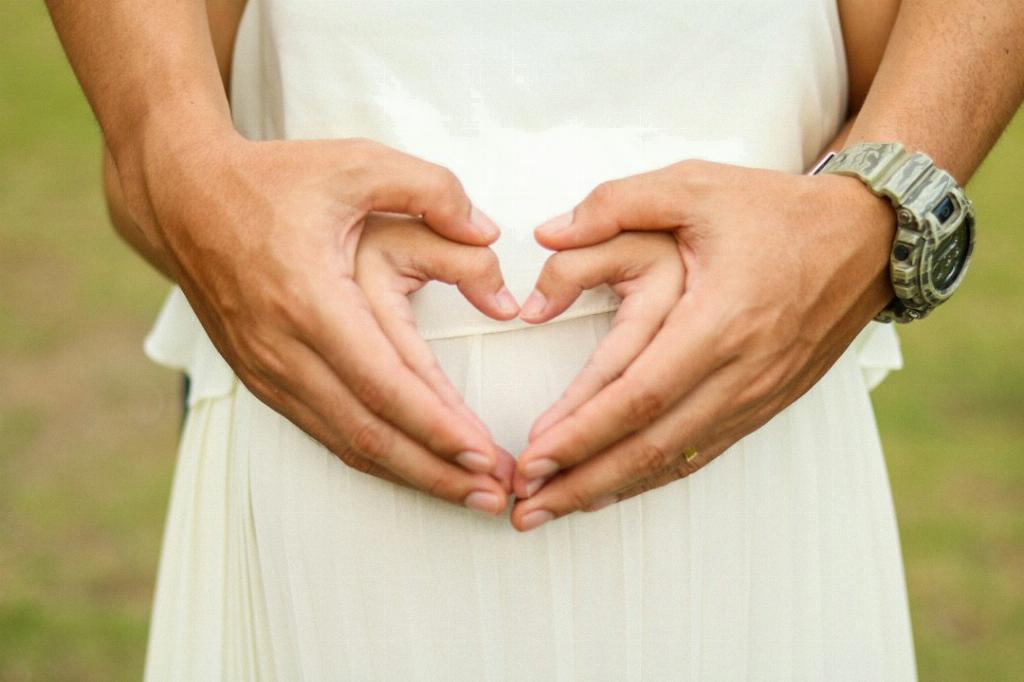When it comes to pregnancy, concerns about cervical polyps may arise. These growths on the cervix can vary in their impact on expecting mothers. In pregnant individuals, cervical polyps can present either asymptomatically or with bothersome symptoms such as recurrent vaginal bleeding, discharge, premature labor, infection, chorioamnionitis, or increased bleeding during labor.
It’s crucial to note that a small percentage of pregnant individuals with cervical polyps, approximately 1.7%, may have these polyps that are precancerous or cancerous. This highlights the importance of monitoring and addressing cervical polyps in pregnancy to ensure the health and well-being of both the mother and the baby.
The presence of cervical polyps during pregnancy can potentially lead to complications such as premature labor due to the irritation or trauma caused by the polyps. Additionally, the risk of infection, chorioamnionitis, and increased bleeding during labor may also be elevated in individuals with symptomatic cervical polyps. These factors underscore the need for proper evaluation and management of cervical polyps in pregnant patients.
Furthermore, the detection of precancerous or cancerous cervical polyps in pregnant individuals necessitates timely intervention to prevent any adverse effects on the pregnancy. Close monitoring and appropriate treatment can help mitigate the risks associated with these abnormal growths and ensure a safe pregnancy outcome.
It is essential for healthcare providers to conduct thorough assessments and evaluations when cervical polyps are identified in pregnant patients to determine the best course of action. This may involve monitoring the polyps for changes, conducting further tests to assess their nature, and providing appropriate treatment based on the individual’s specific circumstances.
While the presence of cervical polyps in pregnancy can raise concerns, it’s important to approach the situation with a proactive and informed perspective. By staying informed about the potential risks and complications associated with cervical polyps during pregnancy, individuals can work closely with their healthcare providers to address any issues and ensure a healthy pregnancy.
Individuals who are pregnant and have cervical polyps should discuss their concerns and any symptoms they may be experiencing with their healthcare team. Open communication and collaboration with healthcare providers can facilitate prompt diagnosis and appropriate management of cervical polyps during pregnancy.
Ultimately, the impact of cervical polyps on pregnancy can vary depending on various factors, including the size, location, and nature of the polyps. By addressing any concerns or symptoms related to cervical polyps early on and seeking timely medical attention, pregnant individuals can effectively manage these growths and reduce potential risks to their pregnancy.
In conclusion, while cervical polyps can pose challenges during pregnancy, with proper monitoring, assessment, and intervention, their impact can be minimized. By staying vigilant and proactive in addressing cervical polyps, pregnant individuals can navigate their pregnancy journey safely and ensure the best possible outcome for both themselves and their baby.

